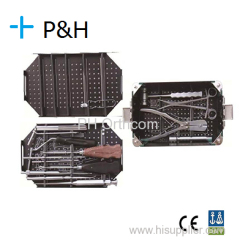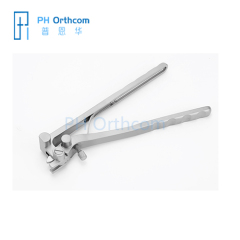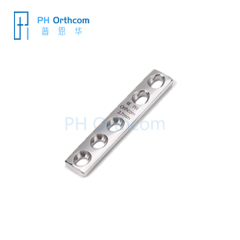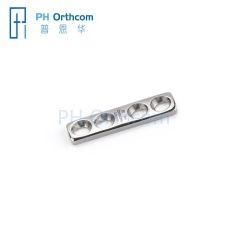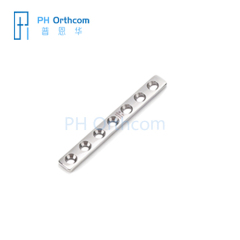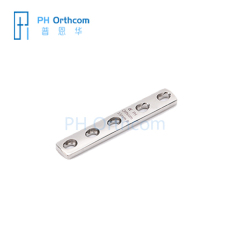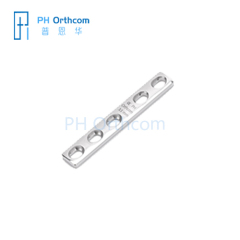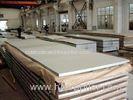
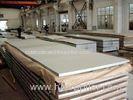
Hot Rolled Stainless Steel Plate
| Place of Origin: | Zhejiang |
|---|
Company Profile
| Location: | Wuxi, Jiangsu, China (Mainland) |
|---|---|
| Business Type: | Manufacturer |
| Main Products: | Cold Rolled Stainless Steel Plate, Stainless Steel Plate, 304 Stainless Steel Coil |
Product Detail
| Model No.: | ASTM430 430L |
|---|
Product Description
Hot Rolled Stainless Steel Plate
Quick Detail:
304 cold rolled stainless steel sheet/plate
Description:
1. Items : Stainless steel coil ,Internal Core Dimensions (ID):< 1220mm wide = 508mm ID, > 1500mm wide = 610mm ID
2. Weight : allowance :Coils available in one (1) or two (2) ton (with allowance of +/- 10%), othersizes available on request.
3. Surface Finishes: 2B = cold rolled, softened and descaled, No. 4 = Polished 240 grit.
4. Widths: 914mm / 1220mm / 1524mm etc.
5. Thickness: 0.9mm through to 3.0mm
6. Grades: 304/L and 316/L other finishes available on request.
7. Remark: nderstanding how nickel affects the price of stainless steel can be relayed .
Applications:
Stainless steel coil applications:
| Grade | Description and General Uses |
| 304 |
The most widely used stainless steel with the best all round performance. Its carbon content is lower and its corrosion after welding resistance is higher than T302. It is less susceptible to intergranular corrosion after welding. Non magnetic but slightly magnetic when cold worked. |
| 304L |
A low carbon stainless steel with general corrosion resistance like T304, but with superior resistance to intergranular corrosion following welding or stress relieving. Highly recommended for parts which are fabricated by welding and which can not be annealed. Generally limited to temperatures up to 426°C. The physical properties and thermal treatments of T304L are similar but not identical to T304. Non magnetic when annealed but slightly magnetic when cold worked. |
| 316 |
Also known as Marine grade stainless steel. T316 has 2-3% Molybdenum which improves corrosion resistance. T316 has superior corrosion resistance to other austenitic steels when exposed to many types of chemical corrodents as well as marine environments -T316 also has applications in the chemical, textile, and paper industries. It has better strength and creep resistance at high temperatures than T304 and greater work hardening properties. Non magnetic but slightly magnetic when cold worked. |
| 316L |
Has lower carbon than T316, with corrosion resistance similar to T316 but superior resistance to intergranular corrosion following welding or stress relieving. It is recommended for parts which cannot be subsequently annealed. Service temperaturesup to 426°C. The physical properties and thermal treatments of type 316L are similar butnot identical to type 316. Non-magnetic when annealed but slightly magnetic when cold worked. |
| 310s |
310S has been developed for high temperature service where high creep strength is required. Max service temp is around 1100°C but it is not recommended for applications of prolonged service as it may become brittle. Non magnetic when annealed or cold worked. |
| 321 |
Basically 302 (basic 18/8) stabilised by the addition of Tanium to five times the carbon content. This prevents intergranular corrosion and offers scale resistance at higher temperatures up to 850°C. Corrosion resistance is lower than 304. Not recommended for bright/mirror polishing. Non-magnetic when annealed but slightly magnetic when cold worked. |
| 904L |
|


